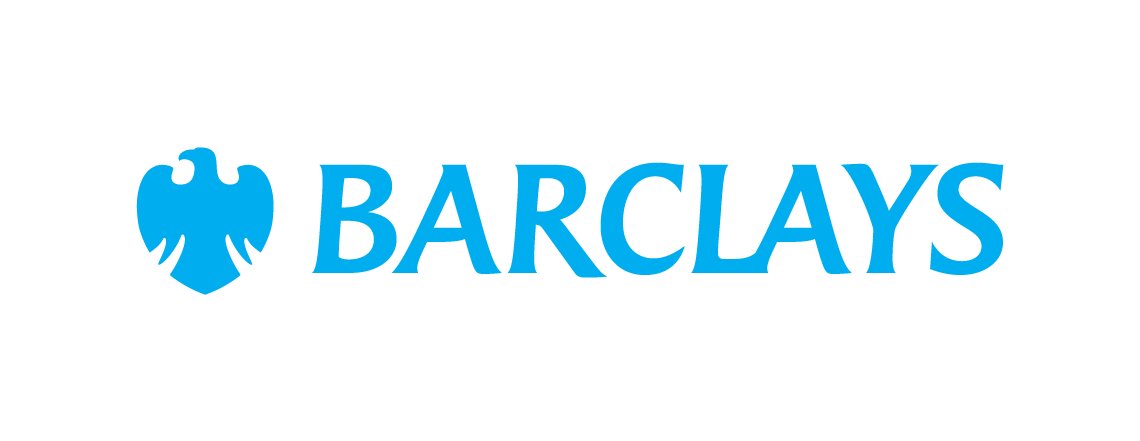2 Red Flags Your Bank Is Putting Profits Above Your Financial Health
KEY POINTS
- Banks charge a ridiculous average of $27 per overdraft -- that's highway robbery, folks.
- Bigger banks are more likely to charge complicated fees.
- You can ditch banks with sad rates and switch to one offering APYs nine times higher.
I discovered it was legal for a bank to kick me while I'm down the first time I saw a string of overdraft fees hit my checking account. The kicker? I'd been charged more than one fee on the same day -- and I hadn't even realized my balance was low. Surprise! Talk about brutal.
Since then, I've discovered that banks have a surprisingly stuffed toolbox they can use to nibble away at your savings. Don your glasses, folks. The following are two red flags your bank is putting profits above your financial health. More than usual, anyway.
1. Hidden or complex fees -- what are they hiding?
Banks that charge hidden and complicated fees are waving red flags. Read: run. This is 2024. A complicated fee structure is not necessary to hold funds or stay solvent.
In fact, the Consumer Financial Protection Bureau (CFPB) has proposed capping fees to as little as $3 for big banks and credit unions. Today, banks are charging you a whopping average of $27 per overdraft!
Our Picks for the Best High-Yield Savings Accounts of 2025
| Product | APY | Min. to Earn | |

American Express® High Yield Savings Account
Member FDIC.
APY
3.70%
Rate info
3.70% annual percentage yield as of April 23, 2025. Terms apply.
Min. to earn
$0
Open Account for American Express® High Yield Savings Account
On American Express's Secure Website. |
3.70%
Rate info
3.70% annual percentage yield as of April 23, 2025. Terms apply.
|
$0
|
Open Account for American Express® High Yield Savings Account
On American Express's Secure Website. |

CIT Platinum Savings
Member FDIC.
APY
4.10% APY for balances of $5,000 or more
Rate info
4.10% APY for balances of $5,000 or more; otherwise, 0.25% APY
Min. to earn
$100 to open account, $5,000+ for max APY
Open Account for CIT Platinum Savings
On CIT's Secure Website. |
4.10% APY for balances of $5,000 or more
Rate info
4.10% APY for balances of $5,000 or more; otherwise, 0.25% APY
|
$100 to open account, $5,000+ for max APY
|
Open Account for CIT Platinum Savings
On CIT's Secure Website. |

Barclays Tiered Savings
Member FDIC.
APY
4.10%
Rate info
Balances less than $250,000 earn 4.10%, and balances greater than $250,000 earn 4.30%.
Min. to earn
$0
Open Account for Barclays Tiered Savings
On Barclays' Secure Website. |
4.10%
Rate info
Balances less than $250,000 earn 4.10%, and balances greater than $250,000 earn 4.30%.
|
$0
|
Open Account for Barclays Tiered Savings
On Barclays' Secure Website. |
Bigger banks tend to charge more fees and complicate them. Capital One, Bank of America, and Citibank are among the banks producing the most fee complaints in the last three years, according to Consumer Affairs. Online banks tend to charge less and simpler fees.
Proof lies in online banking apps like Chime®, which charges few fees and lays them out plainly on its website. Do you like fees? Me, neither.
Discover the bank accounts with the fewest fees. Click here to compare our top 10 checking accounts and avoid costly overdraft fees.
2. Terrible rates -- they're nibbling your returns
Banks that offer interest rates nine times lower than high-yield savings accounts are red flags. There's no need for that. You can open a bank account with an online bank right now and get a rate nine times better than the national average. The catch being, no physical branches.
Or is it? Capital One offers a stellar mix of great rates and physical locations. If you live near a Capital One Cafe, you can get the best of both worlds. You won't get as many locations as what Chase offers, but does that matter? If you're traveling, it might. Otherwise, it's probably fine.
I switched from U.S. Bank to Chime® and more than tripled my savings account APY. And get this: Chime® isn't even one of our best high-yield savings accounts -- click here to compare savings accounts with rates up to nine times higher than the national average.
Should you switch banks?
Switch banks when your accounts become more of a hassle than they're worth. Fees are expensive, shady advertising is a ticking time bomb, and terrible rates are simply unnecessary. It's 2024 and you have options. Shop around to find a better bank.
I've done it twice, and it was worth it. The main downside is it takes time to unlink your debit card from subscriptions and bill payments. But I no longer pay $100 annually in overdraft fees, and my savings earn much more. If you time it right, you may even qualify to get a bank account bonus.
Our Research Expert
We're firm believers in the Golden Rule, which is why editorial opinions are ours alone and have not been previously reviewed, approved, or endorsed by included advertisers. Motley Fool Money does not cover all offers on the market. Motley Fool Money is 100% owned and operated by The Motley Fool. Our knowledgeable team of personal finance editors and analysts are employed by The Motley Fool and held to the same set of publishing standards and editorial integrity while maintaining professional separation from the analysts and editors on other Motley Fool brands. Terms may apply to offers listed on this page. APYs are subject to change at any time without notice.
Chime disclosure
Chime is a financial technology company, not a bank. Banking services provided by The Bancorp Bank or Stride Bank, N.A.; Members FDIC.
